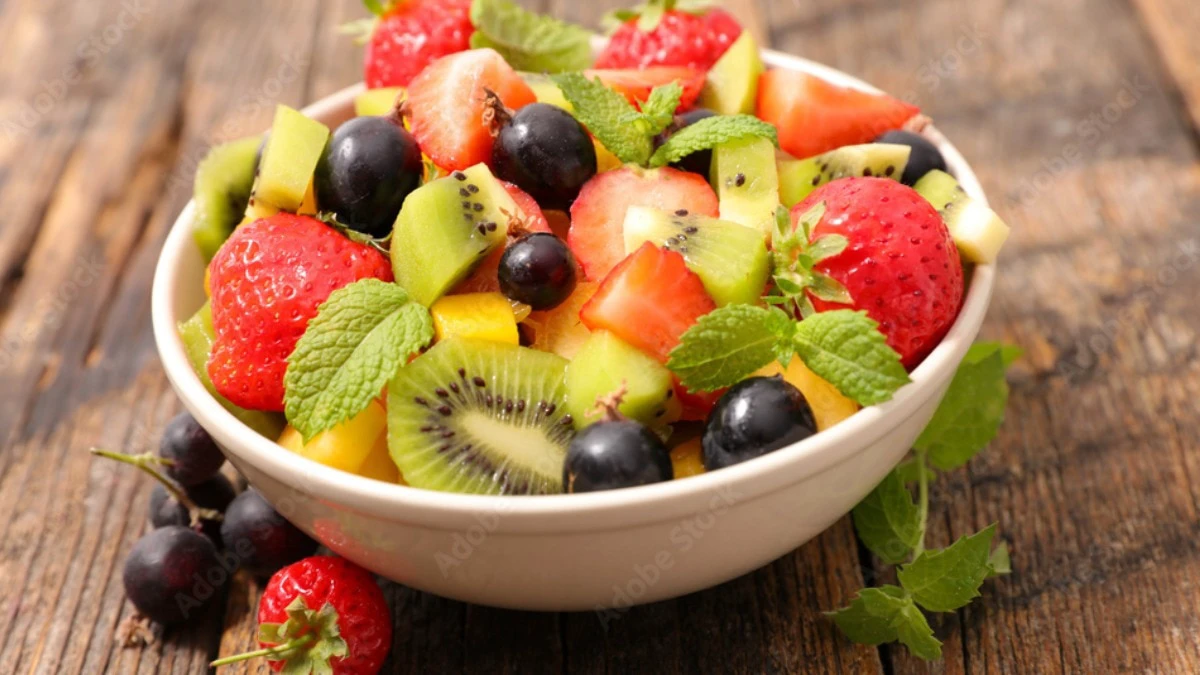Monsoon means respite from the summer sun. On the flip side, there’s dampness and mold indoors and a plethora of skin issues. But if you are smart, you can ensure that your skin stays clear and even glows.
Dr Akanksha Sanghvi, dermatologist and founder of Oprava Aesthetics, a leading international luxury aesthetic clinic, shares what to eat and drink to become a glow-getter this monsoon.
Tea time
As per Dr Sanghvi, herbal teas are some of the best things one drinks during monsoon. “The damp weather can disrupt digestion, immunity and even trigger skin breakouts, but warm infusions made from herbs like tulsi, ginger, chamomile and cinnamon help restore balance,” she says. These teas purify the blood, reduce inflammation, boost circulation and promote better sleep, all of these vital for glowing, healthy skin. “These teas possess antimicrobial and antioxidant properties that help your body detox naturally, making them a perfect daily ritual during the rainy season,” she says.
Brew these
Dr Sanghvi recommends brewing lakadong turmeric ginger herbal tea. You start by boiling grated ginger in a glass of water. Pour in a cup and add a generous pinch of lakadong turmeric and some drops of lemon. Gingerol and terpenes in ginger contribute to ginger’s antioxidant, anti-inflammatory, antibacterial and potential anti-cancer properties. “Lakadong turmeric is known for high curcumin content; it combats inflammation, boosts gut health, is great for clear skin and warms the body-perfect for a rainy evening,” says Dr Sanghvi.
Another recommendation is gotu kola manuka honey tea. “To brew gotu kola tea, steep fresh leaves of gotu kola in hot water for 20 minutes. Strain the tea and add manuka honey. Gotu kola is rich in triterpenoids and flavonoids, which boost collagen production, improve skin elasticity and accelerate wound healing,” she says.
It enhances blood circulation and brain function, making it excellent for both skin rejuvenation and mental clarity. “Manuka honey is far more potent than regular honey due to its high concentration of MGO. Internally, it supports gut health, skin immunity and throat wellness, making it a soothing remedy during the monsoon,” adds Dr Sanghvi.
Enjoy the fruits
There’s a reason why health coaches urge us to eat seasonal fruits during monsoon. They are a natural way to nourish the body and enhance skin health. “Fruits are rich in antioxidants, fibre and vitamins. They help flush out toxins, support digestion and keep the skin clear and radiant,” explains Dr Sanghvi. Their high water content also keeps the body hydrated in humid weather, while their immune-boosting nutrients protect against seasonal infections, making them a delicious and smart addition to your monsoon diet.
Dr Sanghvi believes two fruits top the list of seasonal offerings. The first is bael fruit, also known as wood apple. It is a monsoon superfood packed with tannins, vitamins A, B, and C, fibre and powerful antioxidants. “Its natural cooling and anti-inflammatory properties help cleanse the digestive tract and support liver function, making it especially valuable during the monsoon when sluggish digestion is common,” says the doctor. By aiding detoxification and improving gut health, bael indirectly promotes clear, healthy skin while its antimicrobial action helps protect the body from seasonal infections. Consumed as a pulp or sherbet, it’s a gentle yet effective tonic for the skin, liver, and overall well-being.
Indian summer berry, also called phalsa, is a small, purple berry grown during summer months and is available during the early monsoon months. “Rich in anthocyanins, vitamin C, calcium, iron and potassium, it has powerful antioxidant and cooling properties,” says Dr Sanghvi. This fruit helps improve digestion and protect the skin from oxidative stress and breakouts caused by monsoon humidity. Its natural astringent effect also supports liver health and regulates body heat, making it ideal as a refreshing juice or raw snack during the rainy season.
